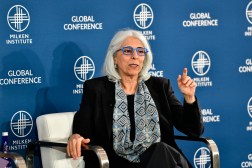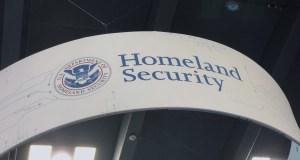Navy partners with Carnegie Mellon to encourage development of AI skills

A pair of Navy research organizations have partnered with Carnegie Mellon University to enhance education around the use of artificial intelligence for humanitarian assistance and disaster relief.
The Office of Naval Research (ONR) and Naval Research Laboratory (NRL) announced they entered a five-year education partnership agreement that will “enable CMU students and employees to enjoy access to state-of-the-art facilities and equipment—and new innovative, technological methods,” according to a release.
“This agreement builds a foundation for expanded collaborations between NRL and CMU, especially in the rapidly developing discipline of artificial intelligence,” Capt. Scott Moran, NRL commanding officer, said in a statement. “Access to NRL personnel and facilities will provide unique opportunities for CMU students and faculty to develop, implement and test technologies focused on Navy needs. Furthermore, NRL researchers will benefit from opportunities to leverage CMU’s world-renowned expertise in this field.”
For the Navy, the benefits come in the form of exposure to the potential ideas of bright CMU students, as well as helping develop and educate those students, who may one day be scientists and engineers whose work impacts the military service.
Andrew Moore, dean of the Pittsburgh-based CMU, told EdScoop that tech advancement in post-disaster scenarios is crucial.
In the first few hours after a disaster, one of the biggest problems is ‘the fog of war’ — nobody necessarily knows what’s going on,” Moore said. “You make whatever efforts you have, a combination of different things, to get as accurate information as possible and get it to the right decision makers.”
Moore said that “dozens of very strong faculty around the country” will be conducting research on technologies that could provide assistance in different kinds of disasters. Each professor will have between one and five graduate students working on their project.
Read more about the partnership on EdScoop.






